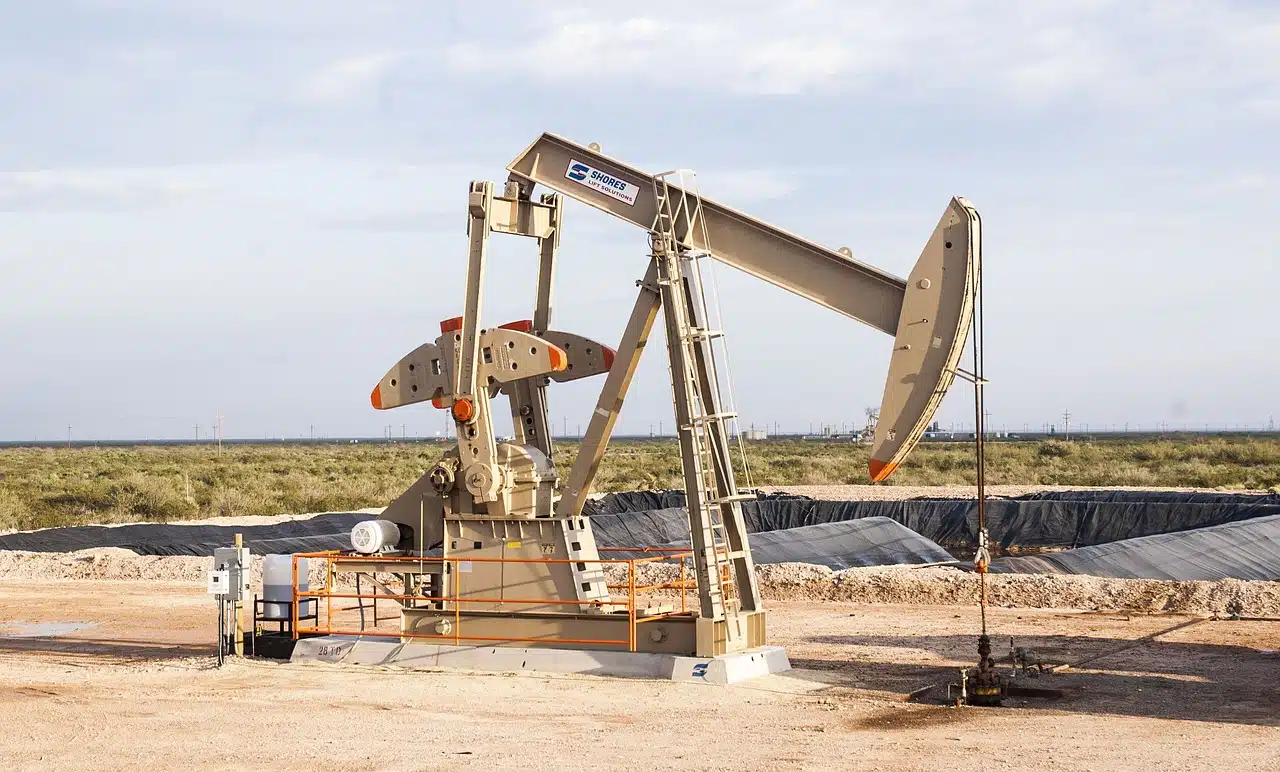
Petroleum is a mixture of hydrocarbons obtained from geological beds.
Petroleum is a natural oleaginous liquid that is made up of a mixture of hydrocarbons . It is obtained from geological beds, whether continental or maritime. The term comes from the Latin petrolĕum , which in turn derives from a Greek word meaning "rock oil" ,
Specifically, we can also point out that oil, also known as crude oil , is generated in what would be the interior of the Earth . Other of its most significant characteristics is that it can be black or yellow in color and that it has a viscosity that can reach 95 g/ml.
Oil is flammable and, through different distillation and refining processes, it allows the production of naphtha , diesel , kerosene and other products used for energy purposes.
Use of oil throughout history
The first records of the use of oil date back about 6,000 years, when the Assyrians and Babylonians used it to glue bricks and in medicine . The Egyptians used oil to oil skins, while the pre-Columbian indigenous people used it to paint sculptures.
The first distillation of oil would have been carried out in the 9th century , when the Arab Al-Razi obtained kerosene and other distillates for use in medicine and in the military field. Starting in the 19th century , petroleum refining became popular to obtain fluid oils that could be used in lighting.

Oil is used to produce fuel.
OPEC
In addition to all of the above, we must highlight the existence of what is known as OPEC ( Organization of Petroleum Exporting Countries ). It was launched in 1960 , currently has its headquarters in Vienna and its main objective is to unify the oil policies of the different nations that are part of it.
At this time, this entity can be said to be made up of the following member countries: Saudi Arabia, Iran, Equatorial Guinea, Venezuela, Angola, Nigeria, Libya, Iraq, Kuwait, Algeria, Gabon, Republic of the Congo and the United Arab Emirates .
Oil, a non-renewable energy source
Oil is a non- renewable energy source: this means that, once it is exhausted, it can no longer be obtained under any circumstances. Statistics say that, if the current rate of extraction continues and without new deposits being found, world oil reserves will be exhausted in less than fifty years.
Although this would be a serious problem for humanity , the truth is that oil is a polluting material (its combustion produces CO2, for example) and difficult to clean since it is insoluble in water.
The term in different expressions
It is interesting to highlight the fact that there are expressions that use the word oil in their formation. A clear example of this is the oil well , which is the drilling that is carried out in the ground in order to find the aforementioned mixture.
Likewise, we cannot ignore the existence of colloquial expressions that use the term we are analyzing. This would be the case of the verbal phrase "sweat oil" . With it, what we are saying is that someone is having important problems, especially financial ones.
